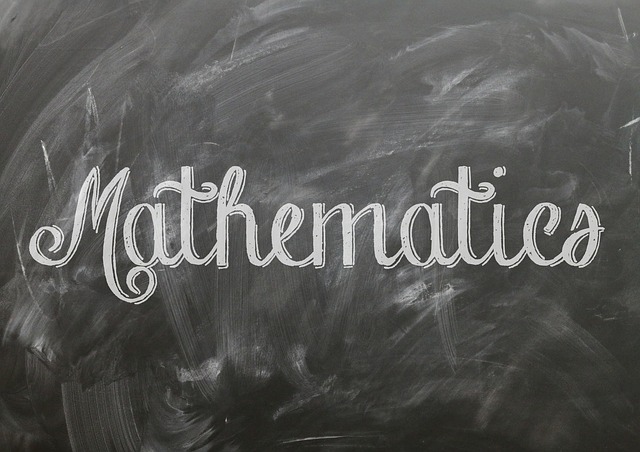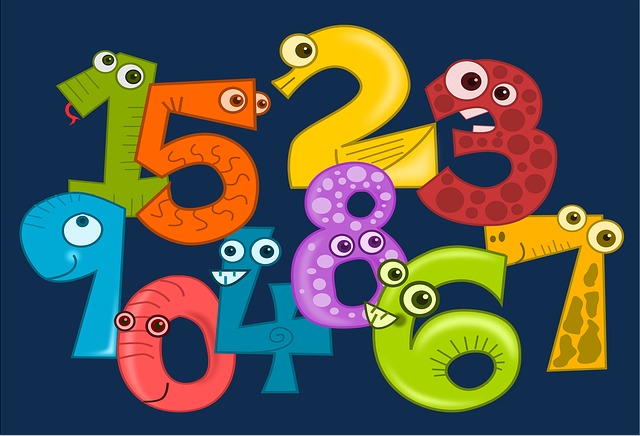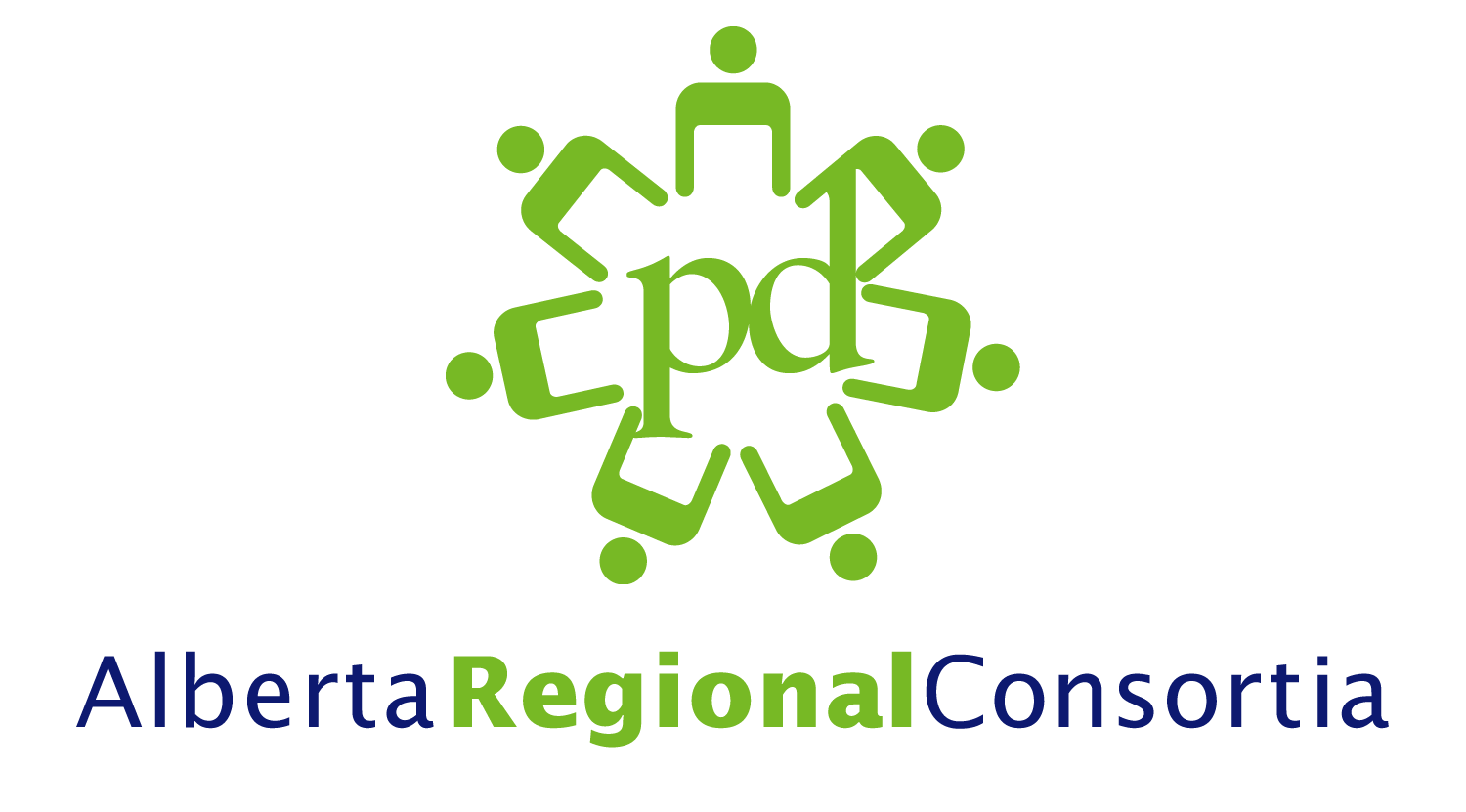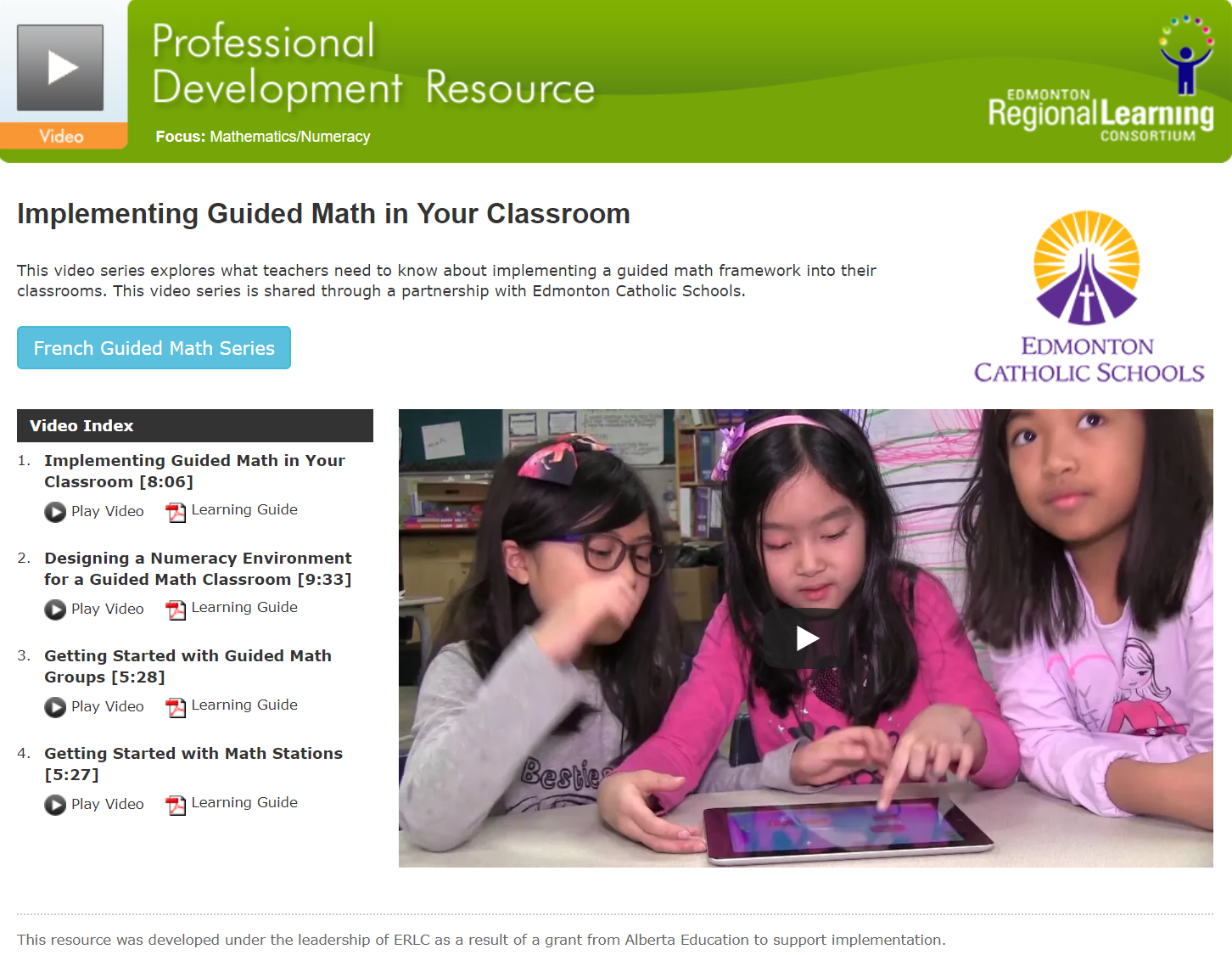Instructional Practices
 |
| HOME | VERSION BILINGUE |

Click here to report a broken link to a website or a document
![]()
View the Foundational Webinar "Instructional Practices"
Webinar Slides: click here to open (PDF)
Webinar Handouts: click here to open (PDF)
Webinar Guide : click here to open (PDF)
Your feedback is valued!
After watching the archived webinar, please fill out this short survey.
![]()
What are Instructional Practices?
Instructional Practices encompass everything a teacher implements in the classroom that fuels effective and efficient classroom interactions to drive student on their learning journey.
Why are Instructional Practices important?
Elementary teachers teach many different subjects every day of the school year. They use different strategies for different circumstances. This section is meant to help teachers:
- become more familiar with a variety of strategies to meet the diverse needs of their students,
- identify and select resources that support and challenge students wherever they are in their journey.
Big Ideas of Instructional Practices
Teachers continuously use their professional judgement to:

- foster a positive mathematical classroom culture,
- create opportunities for observations, conversations, and other forms of assessment, and
- design and implement responsive instruction
in order to develop student conceptual and procedural understanding of mathematics.
The Big Ideas, vocabulary and potential misunderstandings are developed in the documents below for a better understanding of Instructional Practices.
Big Ideas
Vocabulary
Potential Misunderstandings
![]()
Mathematics Draft K-4 Curriculum (PDF)
K-9 Program of Studies (PDF)
Program of Studies
The Mathematics K-9 Program of Studies can be found on the Alberta Education website:
https://education.alberta.ca/media/3115252/2016_k_to_9_math_pos.pdf
The Mathematical Processes of Communication, Connections, Mental Math and Estimation, Problem Solving, Reasoning, Technology, and Visualization are defined as “… critical components that students must encounter in a mathematics program in order to achieve the goals of mathematics education and embrace lifelong learning in mathematics.” Key processes for every outcome are listed after the outcome itself. The processes are described in detail on pages 4-6 in the Program of Studies.
The Alberta K–9 MATHEMATICS Achievement Indicators
The support document Alberta K-9 Mathematics Achievement Indicators can be found at:
https://education.alberta.ca/media/3115247/2016_k_to_9_math_ach_ind.pdf

In this document you will find achievement indicators for each learner outcome in the Program of Studies. “Achievement indicators are samples of how students may demonstrate their achievement of the goals of a specific outcome. The range of samples provided is meant to reflect the scope of the specific outcome.” (Alberta Mathematics K-9 Mathematics Indicators, 2007, p. 1). These indicators a good place to look when you are creating the criteria for success and activities that elicit evidence of understanding during the planning process.
The list of indicators contained in this document is not intended to be exhaustive but rather to provide teachers with examples of evidence of understanding that may be used to determine whether or not students have achieved a given specific outcome. Teachers may use any number of these indicators or choose to use other indicators as evidence that the desired learning has been achieved. Achievement indicators should also help teachers form a clear picture of the intent and scope of each specific outcome.
![]()
Introduction
Different strategies may yield different forms of evidence of learner understanding. The evidence of learner understanding is necessary to drive adjustment in instruction. This topic is thoroughly developed in the EMPL Assessment section. However the resources below offer information directly related to Instructional Practices and Assessment.
![]()
What researchers say about Instructional Practices:
The following document is a list of research and articles on Instructional Practices. Summaries, quotes and references are cited in order to help you choose the professional readings that best fit your needs.
“The ability of expert teachers to problem-solve, to be flexible, and to improvise ways in which students can master the learning intentions means that they need to be excellent seekers and users of feedback information about their teaching – that is, of feedback about the effect they are having on learning.” (Hattie, 2012, p.26)
![]()
Implementing Guided Math in Your Classroom
This video series explores what teachers need to know about implementing a guided math framework into their classrooms. This video series is shared through a partnership with Edmonton Catholic Schools.
Click on the picture to open the website
___________________________________________________________________________________________
“Many teachers are afraid of taking risks [but] you ask kids to do it everyday. So you do it too.” ~Dr. Marian Small
taken from "What does open-ended task look like?"
Open Ended Questions
Below are components of an Instructional Practice that are rich and engaging. They are not exclusive to mathematics. Please note that this list is not exhaustive but hopefully this read will inspire you to try something new or different. Some of these components resemble a structure, others are more like an approach, others are more like strategies. But used together they are powerful in any subject.
There  is no such thing as a best practice. There are good and promising practices and strategies, keeping in mind that a strategy that works for a child or a group of children may not work for another child or group of children.
is no such thing as a best practice. There are good and promising practices and strategies, keeping in mind that a strategy that works for a child or a group of children may not work for another child or group of children.
Many factors come into play when choosing a strategy. We all have different circumstances that make a strategy more suitable than others such as the math outcomes themselves, class time, class size, available resources, student buy-in, time of year, administrative pressures and more. These criteria will influence your selection of strategy(ies). Your experience and your professional judgment are your guide.
Hopefully this section offers you strategies that can help you diversify your teaching in order to meet the diverse needs of your students.
The different strategies are available in a PDF below.
Maths Games
![]()
Click here to report a broken link to a website or a document
Click here to submit a resource
The resources below were selected in order to provide you with information on a wide variety of strategies and topics directly related to Instructional Practices.

These resources are offered to you as suggestions only and are meant to complement what you are already doing in your
classroom. They come from several sources and are not necessarily affiliated with Alberta Education.
Alberta Education - Authorized Resources: Click here.
Alberta Education - Additional Support Resources: Click here.
LearnAlberta: Click here.
Resources
About choosing resources
During the planning stages of a unit or a lesson plan, it can be challenging to choose a resource. The link below leads to a document that lists guiding criteria that have proven to be helpful to all teachers for all types of resources.
When is a resource a good resource?
![]()
Target audience
This Parent Communication section offers you a variety of resources for:
- teachers who need inspiration when discussing mathematics with parents and numeracy skill development
- parents who are looking for ways to help their child in mathematics at home
 Purpose for this section
Purpose for this section
The information included below can be used in multiple ways.
- It can be included in monthly parent bulletins/newsletters.
- It can help teachers lead more productive discussions with parents at Parent-Teacher Interviews.
- It provides ideas for a Parent Information Night on Mathematics in Alberta.
Categories of resources
The resources below are presented to you in categories in order to help you find what you need quickly. The categories include videos, documents, and websites.
Disclaimer
Information, documents and videos taken from the Alberta Education website are in line with the current Program of Studies. However, information taken from other sources may have to be modified/adapted in order to meet your needs and the needs of the Alberta parents.










